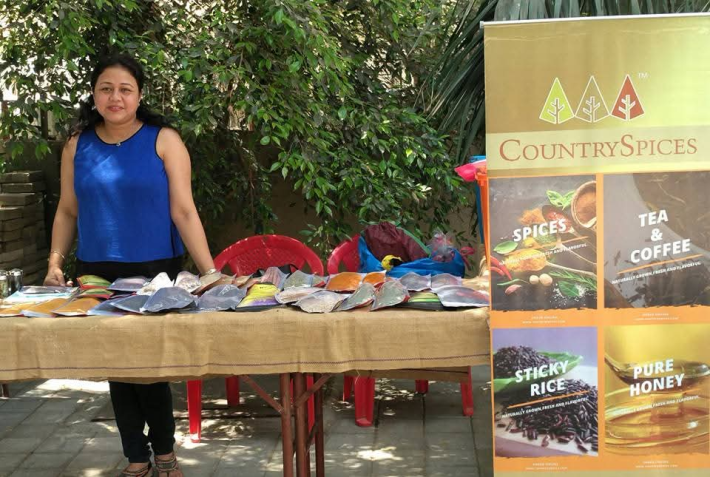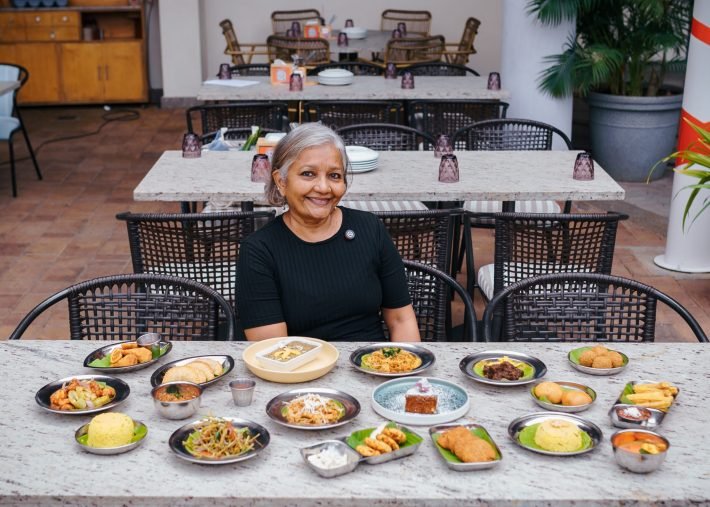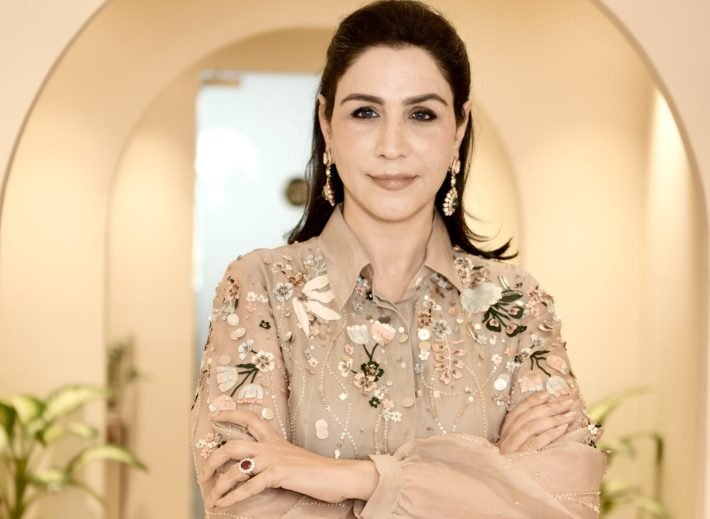Personally, I don’t think there should be any reservations in a society that claims men and women are equal. But all the same, we do know that so-called equality exists only on paper or prehaps in a parallel universe. But still it is heartening to know that after so much talk about the Women’s Reservation Bill that focuses on reserving 33% of seats for women in Lok Sabha and state Assemblies, the bill was finally passed by Rajya Sabha recently. However, as per reports, no implementation date has been announced. Celebs share viewpoints. TheGlitz reports!
Anusha Mishra:

I believe we’re about 70 years late, and still 20% short on the Women’s Reservation. I do want to be the ‘there’s a silver lining’ kind of person, but I wish we would have seen these numbers at 50% way back in 1952 when the first Parliamentary session took place. Women are nearly 50% of the world’s population, and for it to have taken this long for the bill to be passed doesn’t sit very well with me. And yet, despite being in 2023 women who run the world, the jobs, and the homes, are still only getting 30% of the Lok Sabha seats. It’s not our best moment. However, I am positive this bill will bring about a radical difference in the political scenario of our country & I hope we rise to 50% from this meager 30% & that we see many more women leaders louder & stronger in changing our world for the better.
Aadesh Chaudhary:

So, we know that women’s reservation in government is a policy aimed at promoting gender equality and women’s participation in politics and decision-making processes. When a government announces a 33% reservation for women, it typically means that a certain percentage of seats in legislative bodies or other government positions will be reserved exclusively for women candidates. I believe that women have a stronger voice in shaping policies and laws that affect society.
Shivangi Verma:

I believe that the concept of women’s reservation, typically in the context of political representation, is a policy aimed at increasing the participation of women in decision-making bodies such as legislative assemblies or parliament. Since, the idea behind such reservations is to address historical and systemic gender disparities in political representation, and most importantly to promote gender equality. It is also taken to ensure that women have a right to shape public policies and contribute to the growth of the nation.
Lokit Phulwani:

Many women politicians are ineffective minority members, while male politicians dominate party functioning. Interventions like the Women’s Reservation Bill are necessary to address socio-political barriers that hinder women’s equal representation in the Indian socio-political system.
Monika Bhadoriya:

In my perspective, women’s reservation is like an intervention that is necessary to address socio-political barriers. Also, it is going to help in gender equality.
Anupama Solanki:

I am speechless. The Nari Shakti Vandan Adhiniyam is a historic legislation by the government. We Indians are running so fast. Our central government is taking back-to-back big steps. This is a great initiative by the government for women’s empowerment. I feel Ramyug has started again in Kaliyug. No one has done anything for women in the last 100 years. I am so amazed at how our prime minister is taking big decisions back to back. The Constitution (One Hundred and Twenty-Eighth Amendment) Bill, 2023 in the Lok Sabha with phenomenal support by opposition also. All MPs across the party voted in support of this bill. I am so happy about this bill.
Aradhana Sharma:
I am speechless as it is a historic step taken by the government of India. This great initiative will help in women’s empowerment and will bring gender equality. I am amazed and support this decision.
Simaran Kaur:

We all know that there’s no boundary when it comes to empowerment. Reservation is a powerful step taken for gender equality in our country. It is going to break stereotypes. I appreciate the huge step taken by the government.













